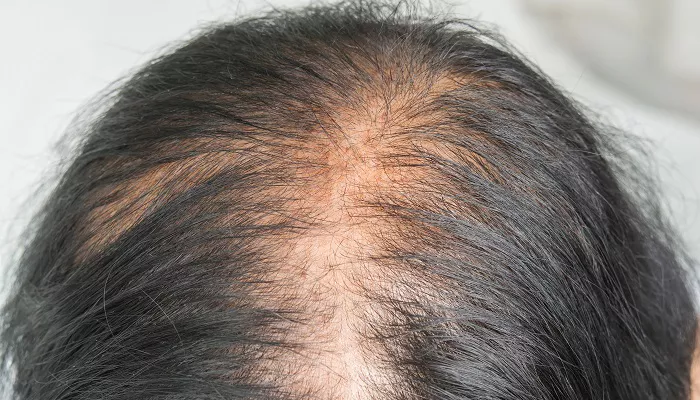Hairfall is often dismissed as a surface-level beauty concern, but according to nutritionist Lovneet Batra, it’s a deeper reflection of your internal health. While losing 50 to 100 strands a day is considered normal, consistent or excessive shedding—despite trying biotin supplements and topical oils—signals that something more complex is going on.
In a recent Instagram video, Batra revealed three commonly overlooked reasons your hairfall may not be stopping. Her advice offers valuable hair health tips that go beyond superficial treatments and get to the root cause of the problem.
You’re Not Eating Enough Protein
“Are you eating enough protein?” Batra asks, pointing out that many people overlook this foundational dietary need. Hair is primarily made of keratin, a type of protein, and if your daily intake is low, your body redirects protein to more vital functions like tissue repair and hormone production—leaving hair growth behind.
What to do:
Aim for 80–100 grams of protein per day, especially if you’re dealing with hair thinning. Sources include eggs, lentils, dairy, tofu, fish, and lean meats.
Hormonal Imbalance May Be Disrupting Growth
Hair health is closely linked to hormonal balance. Batra recommends checking thyroid hormones, cortisol (stress hormone), estrogen levels, and androgens. Conditions like hypothyroidism, PCOS, or postpartum hormone shifts can cause changes in hair texture and volume, especially if levels of DHT (a form of testosterone) are elevated.
What to do:
If you suspect a hormone imbalance, speak with a healthcare provider to run specific tests. Treating the underlying hormonal issue is essential for restoring hair health.
Your Gut May Not Be Absorbing Nutrients
Even with the right supplements and diet, poor gut health can block your body from absorbing the nutrients needed for hair growth. A compromised digestive system affects vitamin and mineral absorption—particularly iron, zinc, and B vitamins—and can also disrupt hormonal stability.
What to do:
Support your gut with probiotic-rich foods, manage inflammation, and avoid overly processed foods. Consult a specialist if you have persistent digestive issues.
Bonus: Chronic Stress Can Stall Hair Growth
While not part of Batra’s original “three checks,” she also highlights the role of chronic stress in accelerating hair loss. High stress pushes hair follicles into a resting phase (telogen), slowing growth and increasing shedding.
What to do:
Incorporate stress-relief techniques like yoga, deep breathing, and consistent sleep routines as part of your hair health advice regimen.
As Batra wisely puts it, “Hairfall isn’t always about what you take—it’s about what your body can absorb, balance, and use effectively.” Instead of relying solely on surface treatments, consider these internal factors. A holistic approach focused on nutrition, hormonal health, gut function, and stress management is key to reducing hair loss and restoring long-term hair health.
Related Topics:
- DIY Haircuts: How to Safely Trim Your Hair at Home
- Effective DIY Hair Fall Remedies to Try This Monsoon
- Boots’ £7 Hair Growth Serum Wins Fans with Non-Greasy Formula


